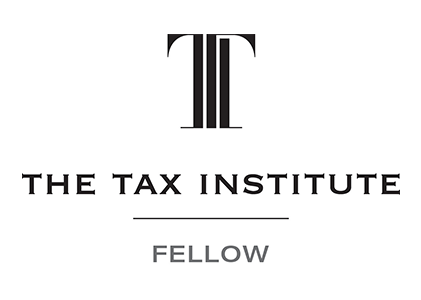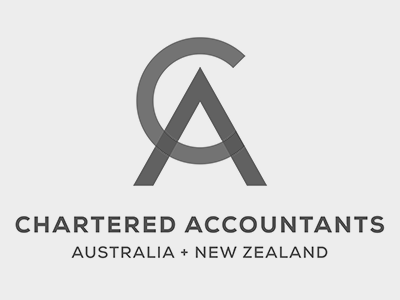
Trustees of SMSFs may be soon required to add the creation of a “retirement income strategy” alongside existing compliance requirements centring on investment and insurance. This would similarly require review on a regular basis.
The covenants of investment and insurance strategies exist in the Superannuation Industry (Supervision) Act 1993 (SIS), with an additional retirement income strategy covenant proposed to be included in SIS by the government with a recently released position paper.
The paper (the “Retirement income covenant position paper”, download a PDF copy here) seeks to address shortcomings with the retirement phase of the super system, which the government says is “currently under-developed and needs to be better aligned with the overall objective of the superannuation system of providing income in retirement to substitute or supplement the Age Pension”.
The founder of actuarial and SMSF advisory firm ASAP Advice, Jim Hennington, says that although most of the government paper’s proposals are aimed at APRA-regulated funds, the retirement income strategy covenant is one that will certainly affect SMSF trustees.
“In particular, the framework makes it clear that a 100% allocation to account based pensions is not considered an efficient way to provide lifetime retirement income,” Hennington says, adding that it seems the government is aiming to see an increase in the use of investment products that provide higher incomes and also manage longevity risk.
“This is not restricted to lifetime annuities however,” he says. “A number of other rule changes have occurred recently that allow and incentivise new types of retirement income products to emerge. For example, some products insure longevity risk but still allow member investment choice.”
The new covenant “principles” state that SMSF trustees will have to formulate, review regularly and give effect to a retirement income strategy that takes into account:
- maximising income for life for members,
- the potential life spans of members and the costs and benefits of managing longevity risk,
- managing risks that affect the stability of income, including inflation;
- providing members with access to capital,
- member needs and preferences for the factors above,
- the costs and benefits of developing a Comprehensive Income Products for Retirement (CIPR) in-house compared with offering a CIPR developed and managed by a third party or a combination of both in-house and a third party
- expected member eligibility for the Age Pension;
- whether and how cognitive decline may affect outcomes.
While the paper states that the government proposes to legislate to include the new covenant in SIS regulations by 1 July 2019, the commencement of any new compliance regulations will be delayed until one year later.
Tax Store Accountants Parramatta.
Our Management Credentials





